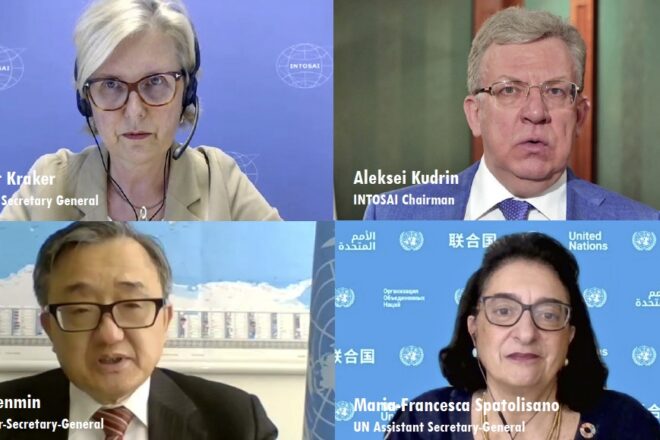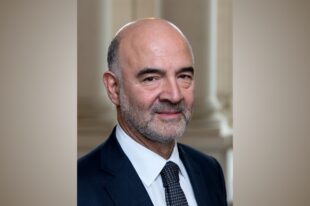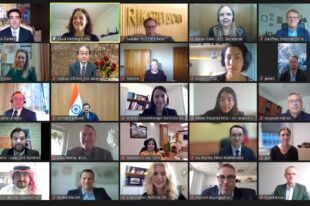Participants Discuss COVID-19 Experiences at 25th UN/INTOSAI Symposium

On June 28-30, 2021, the INTOSAI General Secretariat and United Nations (UN) held the 25th UN/INTOSAI Symposium. Almost 300 representatives of international organizations and Supreme Audit Institutions (SAIs) from some 120 countries took part in the event, which was held as a videoconference for the first time in its history. The technical chair was held by Daniel Lambauer (SAI United Kingdom).
The Symposium provided the opportunity for SAIs and external partners to share knowledge and best practices related to the event’s theme: “Working During and After the Pandemic: Building on the Experience of SAIs for Strengthening Effective Institutions and Achieving Sustainable Societies.”
The Symposium was opened by the Secretary General of INTOSAI, Margit Kraker; the Chair of INTOSAI, Aleksei Kudrin; and the Under-Secretary-General of the United Nations for Economic and Social Affairs, Liu Zhenmin.
Over the three days, high-ranking representatives of SAIs, the World Bank, INTOSAI Development Initiative (IDI), Institute of Internal Auditors (IIA), International Budget Partnership (IBP), and United Nations Office on Drugs and Crime (UNODC) discussed the following subthemes:
- Impact of COVID-19 on SAIs’ organizational capacities, working methods, and processes
- Experiences and good practices in auditing COVID-19 responses and recovery plans
- Innovative approaches to enhancing the transparency of and accountability of COVID-19 responses
- Resilient accountability systems and institutions in the aftermath of COVID-19
SAIs described the many ways in which they have provided critical oversight of COVID-19 responses, even in very difficult circumstances. SAIs took key steps to adapt to changing conditions, such as conducting real-time and remote audits, shifting priorities and operations, and enhancing communication with stakeholders, while also safeguarding the wellbeing of staff. This agility and resourcefulness has enabled SAIs to play a key role in ensuring accountability and transparency, fighting corruption, and helping governments make good decisions as the crisis has unfolded.
On the last day of the Symposium, participants adopted the event’s outcome document, namely the “Conclusions and Recommendations,” which provides important guidelines for SAIs. UN Assistant Secretary-General Maria-Francesca Spatolisano and Dr. Kraker delivered the Symposium’s closing statements.
“We will use the lessons learned from the crisis to open up new audit areas and develop new audit approaches,” said Dr. Kraker in conclusion. “At the same time, we are called upon to continue making our contribution to the implementation of the UN’s Sustainable Development Goals—in particular SDG 16, which envisages peace, justice, and strong institutions.”





